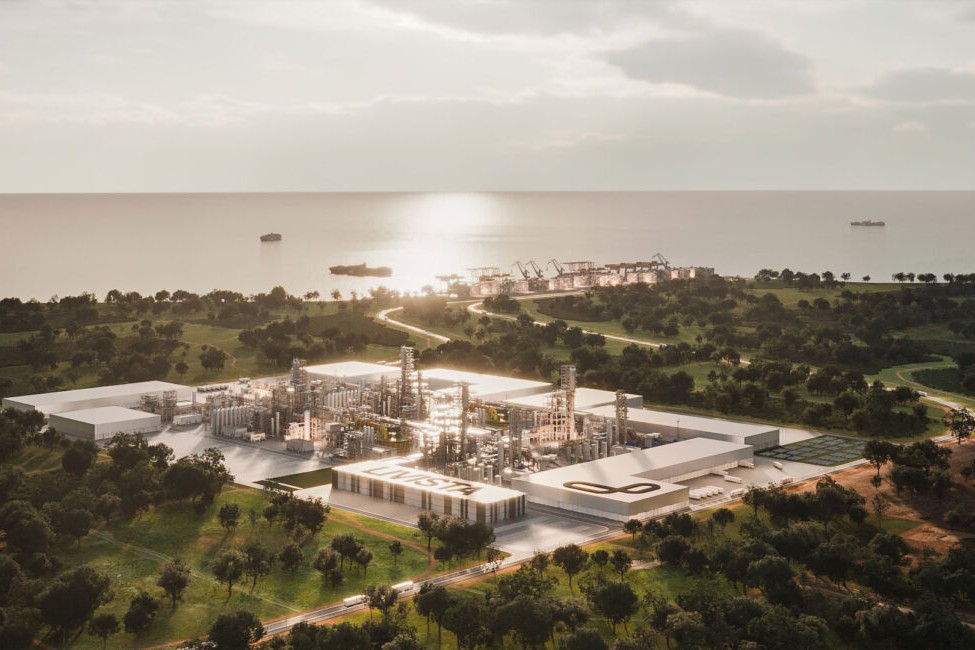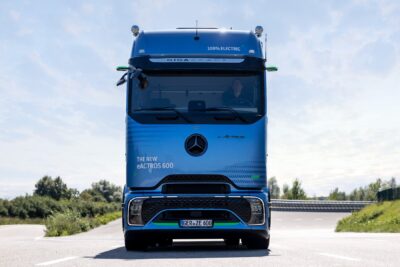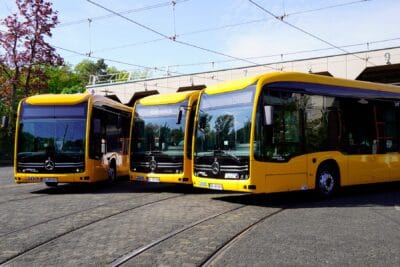Livista secures site in Germany for lithium refinery
Livista Energy and the port operator Niedersachsen Ports signed the lease for the site near the north bank of the Ems on 2 October. From 2026, the refinery will convert lithium ore into lithium and supply Europe’s e-car industry. The Luxembourg-based company Livista Energy Europe had already made Emden public as a location in June. The newly signed lease agreement makes the construction project a reality. The federal state of Lower Saxony had already pledged its support for the implementation of the project at the Emden site.
“Our first plant will supply enough battery-grade lithium for the production of 850,000 electric vehicles per year,” expresses Daniel Bloor. “By locating in Germany, a country with such a clear policy towards electrification and battery cell production, we will create shorter, cleaner and more sustainable supply chains and resilience.” Access to a high volume of renewable energy also informed Livista’s decision to locate here, he says.
Lower Saxony’s Minister of Economic Affairs Olaf Lies emphasised that the establishment of Livista strengthens his federal state in its role as a pioneer of future technologies and sets another milestone in the transformation to e-mobility. “Lithium production in Emden is a great opportunity for cooperation between Lower Saxony, German and European industry. I would like to thank Livista, the city of Emden and NPorts, who have held intensive talks over the past period. This is a good day for Emden as a business location.”
Livista first announced the construction of a lithium refinery in Germany in early summer. At the time, the company announced that the plant would go into operation in 2026 and produce up to 40,000 tonnes of battery-grade lithium products per year – enough, according to the company, for the batteries of the 850,000 electric vehicles mentioned above.
What they emphasise, however, is that the plants will be able to refine all types of lithium sources and raw materials, including spodumene rock from Australia and Africa, brines from South America and lithium intermediates – such as technical-grade Li-sulphate or Li-carbonate – from recycled battery materials. Against this backdrop, half of the primary products to be refined at the Emden plant are to be recycled by 2030.
According to Livista, the aim is to “close a critical gap in Europe’s supply chains for electric vehicles and batteries, as currently all lithium refineries are operated in Asia”. The new facilities are expected to enable European car and battery manufacturers to meet EU requirements that are likely to come into force in the future.





1 Comment